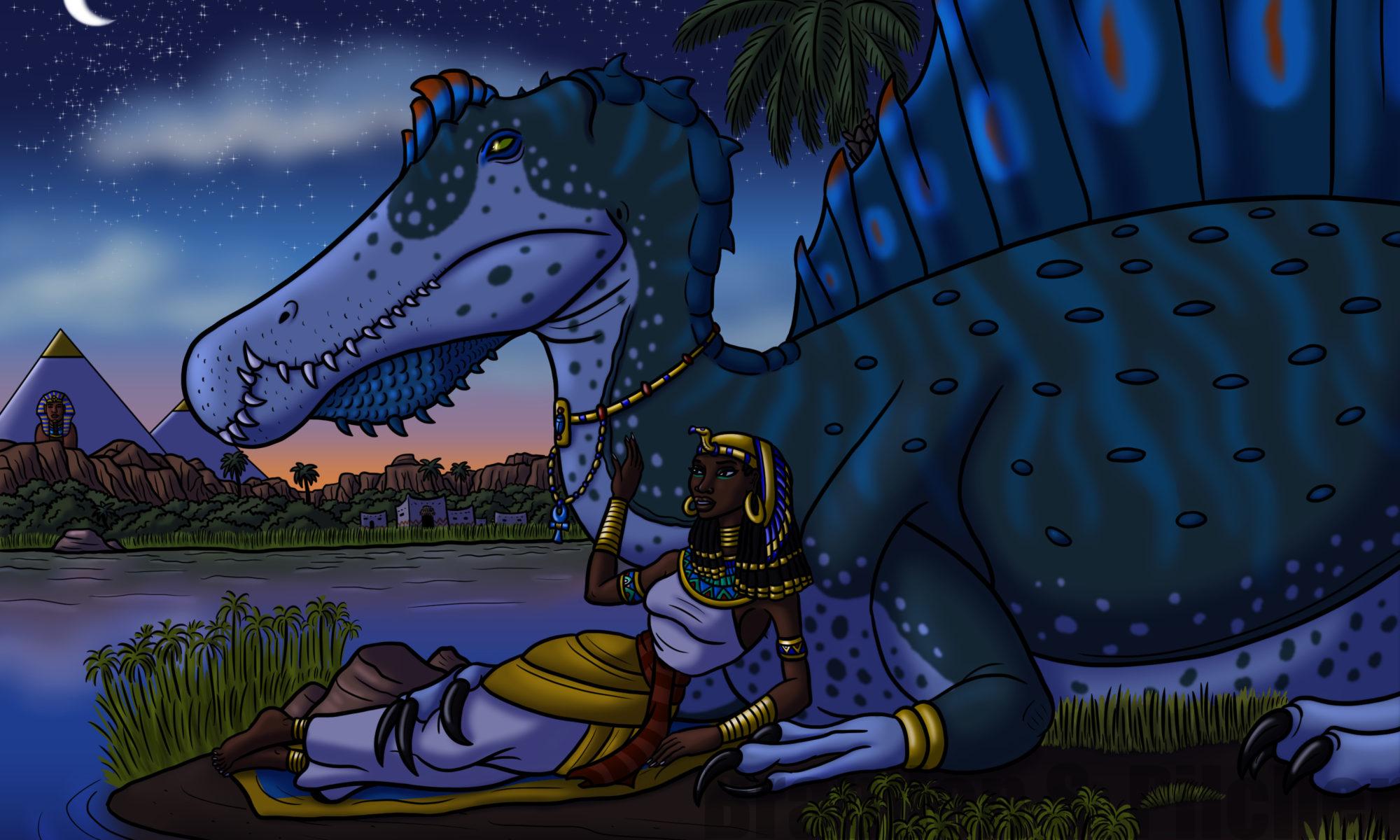Rain pounded like drumbeats onto the thatched roof of the bamboo observation tower. It must have been the seventh or eighth rainfall Sid Francis had seen over the first two days of his safari. Supposedly, this was what passed for the middle of the dry season deep in the Musiyinti country. Small wonder they called it the rainforest.
Sid swatted away at a mosquito which whined dangerously close to his face. Already the little devils had marred his pasty Kanuck complexion with a bombardment of red bumps, each and every one of them an itching reminder of his lacking the foresight to bring bug repellent. Or maybe he had simply been too cheap. Sid had already spent a third of his living on a suitable new camera and another third on reaching here from halfway across the world. It was too easy to gloss over a variety of important little details in that kind of hassle.
“Are they here yet?” Sid muttered as he continued to defend himself against the insect’s harassment with his bare hand.
His guide, a lithe Bayinti named Masengu, looked up from her handheld GPS to give him a disappointed frown. Her ebony-dark skin, though decorated with lines of traditional scarifications, remained fragrant with repellant and thus enviably unblemished by the bugs. Not to mention, the brief strips of bark-cloth she wore over her bosom and waist would have made for more comfortable attire in this humidity than the heavy khaki getup Sid had to put on.
“Ah, fuck.” Sid would have gotten out his pack of joints to smoke away the boredom, except he had no idea whether the scent of burning cannabis would attract or scare off the local wildlife. All he could do was continue to stand here on aching feet, watching for anything bigger than a colobus monkey to show up in the mess of foliage, mist, and shadow that was the surrounding jungle. And maybe glance at his guide’s curves a few more times from the corner of his eye.
On second thought, maybe that wouldn’t be so bad.
“Ever thought of a modeling career on the side, Masengu?” Sid asked, tapping a finger on his camera.
She thrust at him a glare almost fiercer than the tranquilizer rifle she had slung over her back. “You mzungu men are all the same.”
Sid laughed, not the least offended even if she had almost said the local word for white people like a slur. “It’s a compliment, trust me. A good shot of you would fetch as much as any tyrannosaur. Of course, I’ll split some of the profits with you, 50/50. What do you say?”
Masengu rolled her eyes with a smirk. “As long as you don’t ask me to pose nude.”
A deep rumbling groan resounded from the jungle. Except for the pulsing of his heart, every muscle in Sid’s body turned stiff as a rock from the surprise.
“They’re coming after all.” Masengu was looking at her GPS again. “It’s a whole herd. Get ready, and stay quiet.”
Bending his legs down at the knees, Sid held his camera to his eyes and peered through the lens. In spite of the mist and falling sheets of rain obscuring his view, he could make out the shaking and waving of vegetation down in the jungle understory. Not even the raindrops’ pattering on leaves and the tower’s roof could suppress the crackling of branches, or the rumbling and bellowing calls which made Sid quiver with every note.
Continue reading “The Perfect Shot”
Like this:
Like Loading...

